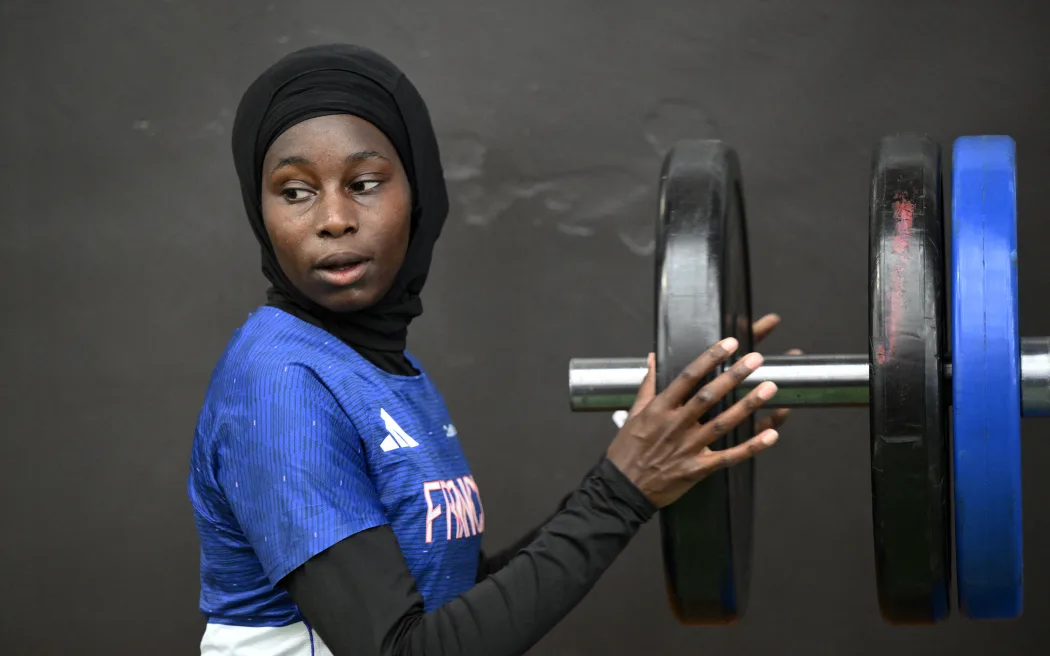French government and Olympic officials are working to find a creative solution to allow Muslim French sprinter Sounkamba Sylla to wear her hijab during the opening ceremony of the Paris Olympics while still adhering to the country’s secularism laws.
Thousands of athletes, including some who wear hijabs, are arriving for the Games, bringing international attention to France’s ongoing debates over national identity and perceived discrimination against Muslims.
Sylla, a member of France’s 400-metre relay team, expressed on Instagram that her hijab would prevent her from participating in the Friday opening ceremony along the Seine River. She wrote, “You are selected for the Olympic Games, organised in your country, but you can’t take part in the opening ceremony because you wear a scarf on your head.”
France, which has Europe’s largest Muslim population, enforces strict secularism laws that ban religious symbols and clothing in public institutions, including state employees and school pupils. Critics argue that these regulations disproportionately impact Muslims.
In an effort to avoid a controversy on the global stage, French government and Olympic officials are exploring ways to accommodate Sylla, though specific solutions are not yet clear. Amelia Oudea-Castera, the minister for sport and the Olympic and Paralympic Games, acknowledged the need to balance secular principles with inclusivity, stating that Sylla “understands our principles, our rules.”
The French Olympic Committee, represented by David Lappartient, emphasized the obligation to observe secularism in their public service role, though he admitted that the French stance can be puzzling to those from other countries. There is still time to find a resolution before the opening ceremony.
French sports authorities have historically banned religious head coverings in various sports, including football, basketball, judo, and boxing. However, the International Olympic Committee (IOC) does not impose restrictions on religious attire.
Maria Hurtado, spokeswoman for the U.N. high commissioner for human rights, criticized France’s position on this issue last September, stating that “no one should impose on a woman what she needs to wear, or not wear.” Reports suggest that Sylla might participate in the ceremony wearing a cap as a potential compromise.










